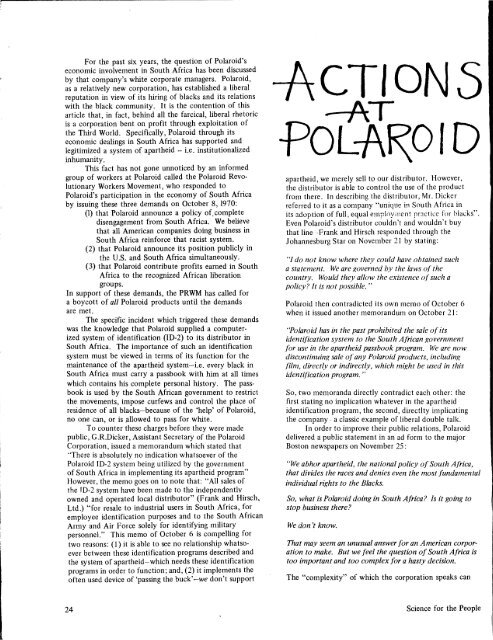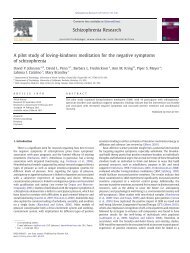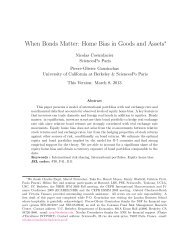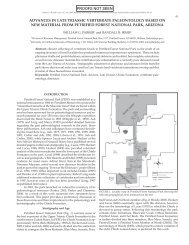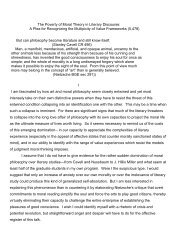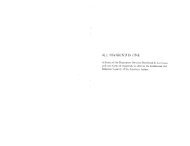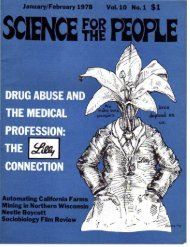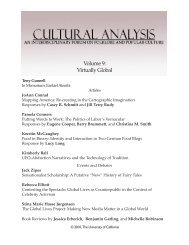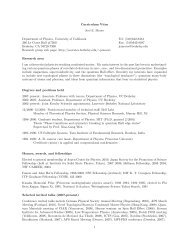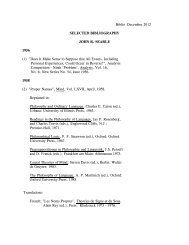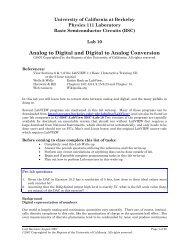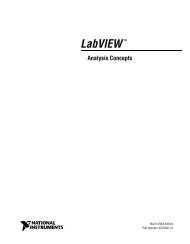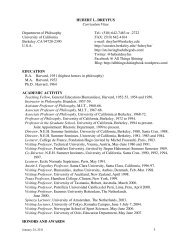Science for the People Magazine Vol. 3, No. 1 - Socrates
Science for the People Magazine Vol. 3, No. 1 - Socrates
Science for the People Magazine Vol. 3, No. 1 - Socrates
You also want an ePaper? Increase the reach of your titles
YUMPU automatically turns print PDFs into web optimized ePapers that Google loves.
For <strong>the</strong> past six years, <strong>the</strong> question of Polaroid's<br />
economic involvement in South Africa has been discussed<br />
by that company's white corporate managers. Polaroid,<br />
as a relatively new corporation, has established a liberal<br />
reputation in view of its hiring of blacks and its relations<br />
with <strong>the</strong> black community. It is <strong>the</strong> contention of this<br />
article that in fact behind all <strong>the</strong> farcical, liberal rhetoric<br />
is a corpor~tion be~t on profit through exploitation of<br />
<strong>the</strong> Third World. Specifically, Polaroid through its<br />
economic dealings in South Africa has supported and<br />
legitimized a system of apar<strong>the</strong>id -- i.e. institutionalized<br />
inhumanity.<br />
This fact has not gone unnoticed by an in<strong>for</strong>med<br />
group of workers at Polaroid called <strong>the</strong> Polaroid Revolutionary<br />
Workers Movement, who responded to<br />
Polaroid's participation in <strong>the</strong> economy of South Africa<br />
by issuing <strong>the</strong>se three demands on October 8, 1970:<br />
(1) that Polaroid announce a policy of. complete<br />
disengagement from South Africa. We believe<br />
that all American companies doing business in<br />
South Africa rein<strong>for</strong>ce that racist system.<br />
(2) that Polaroid announce its position publicly in<br />
<strong>the</strong> U.S. and South Africa simultaneously.<br />
(3) that Polaroid contribute profits earned in South<br />
Africa to <strong>the</strong> recognized African liberation<br />
groups.<br />
In support of <strong>the</strong>se demands, <strong>the</strong> PRWM has called <strong>for</strong><br />
a boycott of all Polaroid products until <strong>the</strong> demands<br />
are met.<br />
The specific incident which triggered <strong>the</strong>se demands<br />
was <strong>the</strong> knowledge that Polaroid supplied a computerized<br />
system of identification (ID-2) to its distributor in<br />
South Africa. The importance of such an identification<br />
system must be viewed in terms of its function <strong>for</strong> <strong>the</strong><br />
maintenance of <strong>the</strong> apar<strong>the</strong>id system-i.e. every black in<br />
South Africa must carry a passbook with him at all times<br />
which contains his complete personal history. The passbook<br />
is used by <strong>the</strong> South African government to restrict<br />
<strong>the</strong> movements, impose curfews and control <strong>the</strong> place of<br />
residence of all blacks-because of <strong>the</strong> 'help' of Polaroid,<br />
no one can, or is .allowed to pass <strong>for</strong> white.<br />
To counter <strong>the</strong>se charges be<strong>for</strong>e <strong>the</strong>y were made<br />
public, G.R.Dicker, Assistant Secretary of <strong>the</strong> Polaroid<br />
Corporation, issued a memorandum which stated that<br />
"There is absolutely no indication whatsoever of <strong>the</strong><br />
Polaroid ID-2 system being utilized by <strong>the</strong> government<br />
of South Africa in implementing its apar<strong>the</strong>id program"<br />
However, <strong>the</strong> memo goes on to note that: "All sales of<br />
<strong>the</strong> JD-2 system have been made to <strong>the</strong> independently<br />
owned and operated local distributor" (Frank and Hirsch,<br />
Ltd.) "<strong>for</strong> resale to industrial users in South Africa, <strong>for</strong><br />
employee identification purposes and to <strong>the</strong> South African<br />
Army and Air Force solely <strong>for</strong> identifying military<br />
personnel." This memo of October 6 is compelling <strong>for</strong><br />
two reasons: (1) it is able to see no relationship whatsoever<br />
between <strong>the</strong>se identification programs described and<br />
<strong>the</strong> system of apar<strong>the</strong>id-which needs <strong>the</strong>se identification<br />
programs in order to function; and, (2) it implements <strong>the</strong><br />
often used device of 'passing <strong>the</strong> buck'-we don't support<br />
-ACTION5<br />
--AT<br />
POL-AR.OID<br />
apar<strong>the</strong>id, we merely sell to our distributor. However,<br />
<strong>the</strong> distributor is able to control <strong>the</strong> use of <strong>the</strong> product<br />
from <strong>the</strong>re. In describing <strong>the</strong> distributor, Mr. Dicker<br />
referred to it as a company "unique in South Africa in<br />
its adoption of full, equal employment prJctice <strong>for</strong> blacks".<br />
Even P"ularoid's distributor couldn't and wouldn't buy<br />
that line -Frank and Hirsch responded through <strong>the</strong><br />
Johannesburg Star on <strong>No</strong>vember 21 by stating:<br />
"I do not know where <strong>the</strong>y could have obtained such<br />
a statement. We are KOverned by <strong>the</strong> laws of <strong>the</strong><br />
country. Would <strong>the</strong>y allow <strong>the</strong> existence of such a<br />
policy? It is not possible. "<br />
Polaroid <strong>the</strong>n contradicted its own memo of October 6<br />
when it issued ano<strong>the</strong>r memorandum on October 21:<br />
"'Polaroid has in <strong>the</strong> past prohibited <strong>the</strong> sale of its<br />
identification system to <strong>the</strong> South African KOVernment<br />
<strong>for</strong> use in <strong>the</strong> apar<strong>the</strong>id passbook proffam. We are now<br />
discontinuinK sale of any Polaroid products, includinK<br />
film, directly or indirectly, which miKht be used in this<br />
ident((ication proKram. "<br />
So, ·two memoranda directly contradict each o<strong>the</strong>r: <strong>the</strong><br />
first stating no implication whatever in <strong>the</strong> apar<strong>the</strong>id<br />
identification program, <strong>the</strong> second, directlty implicating<br />
<strong>the</strong> company- a classic example of liberal double talk.<br />
In order to improve <strong>the</strong>ir public relations, Polaroid<br />
delivered a public statement in an ad <strong>for</strong>m to <strong>the</strong> major<br />
Boston newspapers on <strong>No</strong>vember 25:<br />
"We abhor apar<strong>the</strong>id, <strong>the</strong> national policy of South Africa,<br />
that divides <strong>the</strong> races and denies even <strong>the</strong> most fundamental<br />
individual rights to <strong>the</strong> Blacks.<br />
So, what is Polaroid doing in South Africa? Is it going to<br />
stop business <strong>the</strong>re?<br />
We don 't know.<br />
That may seem an unusual answer <strong>for</strong> an American corporation<br />
to make. But we feel <strong>the</strong> question of South Africa is<br />
too important and too complex <strong>for</strong> a hasty decision.<br />
The "complexity" of which <strong>the</strong> corporation speaks can<br />
24<br />
<strong>Science</strong> <strong>for</strong> <strong>the</strong> <strong>People</strong>


